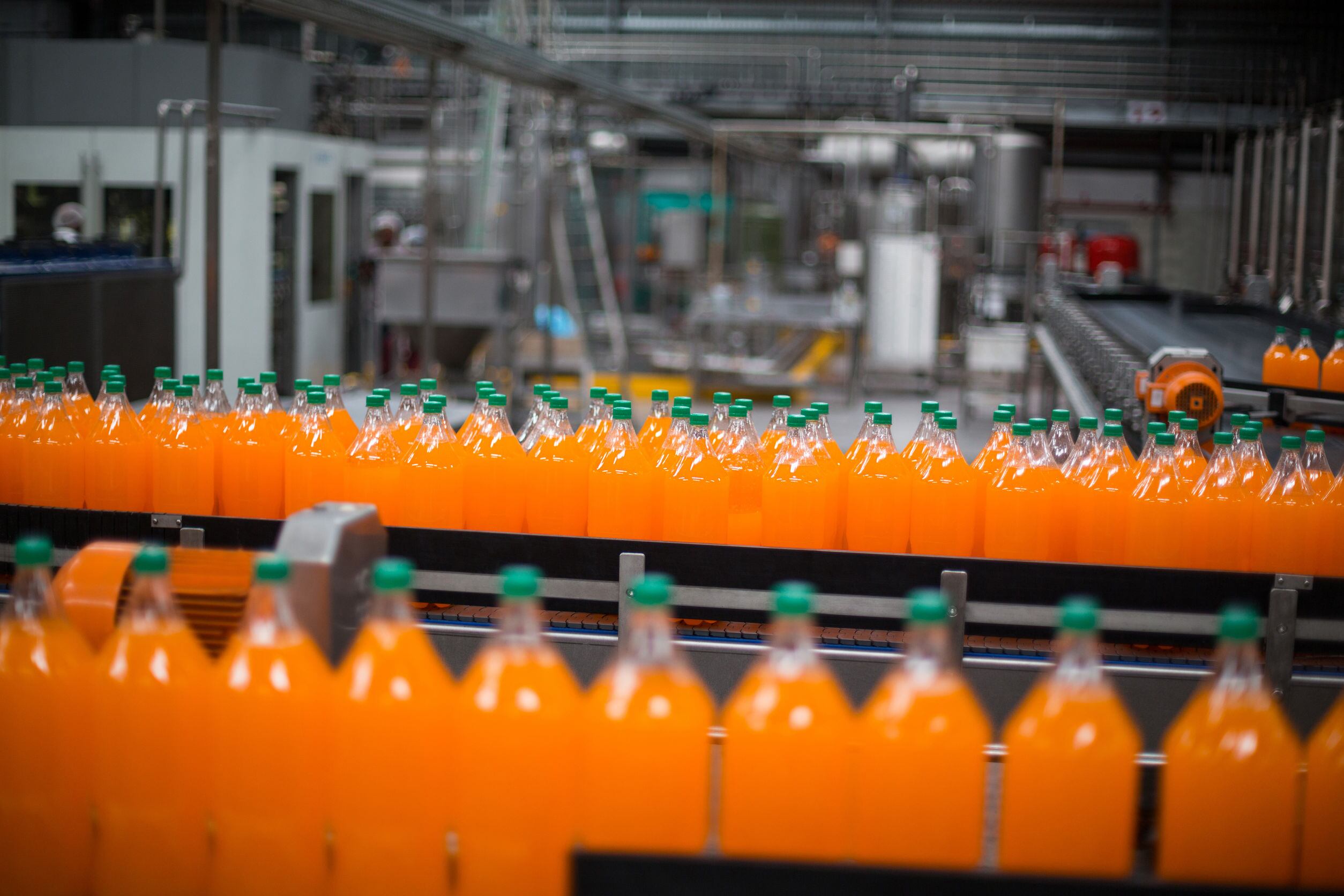Last year saw significant change to Brazil's regulatory landscape, with the introduction of a dietary supplement framework [RDC No.243/2018] in July outlining use, claims and complementary labeling for nutrients, bioactive substances, enzymes and probiotics. Earlier this month, ANVISA - the country's National Health Surveillance Agency that implemented the framework - released updated guidance to assist implementation.
Isotonic sports drinks and fortified juice
Whilst the framework predominantly covers dietary supplements, it also regulates isotonic sports drinks – one of Brazil's most popular functional beverages alongside energy drinks, according to Brazil's Association for Soft Drinks and Non-Alcoholic Beverages (ABIR).
Functional juices were also recently regulated in Brazil under a separate law. Fortification of 100% fruit juices or 'full juices' with vitamins, fibers and other nutrients, for example, was regulated in September last year, under the Ministry of Agriculture's normative instruction number 49/2018 [Article 14].
Alexandre Jobim, president of ABIR, said these regulatory changes would fuel continued growth in Brazil's functional drink category, which currently represented just 5% of the market for non-alcoholic beverages.
“Companies are looking to diversify through the launch of new products and some types of functional beverages have only been regulated in recent years in Brazil. ...With the regulation of these products in recent years, we expect growth of this sector as we will have more options in the market,” Jobim told NutraIngredients-LATAM.
This, he said, aligned well with increased consumer desire for “beverages of greater nutritional value”, particularly those enriched with vitamins and minerals, and a general wider interest in functional drinks.
Asked what product areas presented the biggest opportunities in functional, he said: “Fortified juices, teas, products with regional fruits and coconut water.”
Promise in regional fruits and herbs

Jobim said other recent regulations to standardize regional fruits, including buriti, cajá, cupuaçu and umbu, among others, would significantly increase use of these ingredients. The Ministry of Agriculture standardized numerous fruits under normative instruction number 37/2018 in October, last year.
Some of the regulations around use of regional ingredients, he said, were also still “in progress”.
“At the request of the industries, ANVISA is currently evaluating the process of standardizing many regional herbs,” he said. “Some herbs are already in the Brazilian pharmacopoeia edition of 2010 and were already used in various alcoholic and non-alcoholic beverages. However, in 2013 ANVISA decided that pharmacopoeia would serve only as a basis for consultation on Brazilian herbs and vegetables, but wouldn't serve as a standard of legislation.” Examples included ginseng, jurubeba and catuaba, he said.
The communication challenge...
Jobim said that despite clear opportunities presented by regulatory change and a healthy interest among consumers for functional beverages, success would not be without its challenges.
“We think that the biggest challenge will be the way to communicate functional properties to consumers, because there are labeling and marketing restrictions in place by the Brazilian health regulatory agency ANVISA.”
Mintel food and drink analyst Ana Paula Gilsogamo previously told us improved energy, fast hydration and natural were three important drivers for Brazilian consumers looking to try a new beverage and manufacturers should look to “invest in these claims”.

